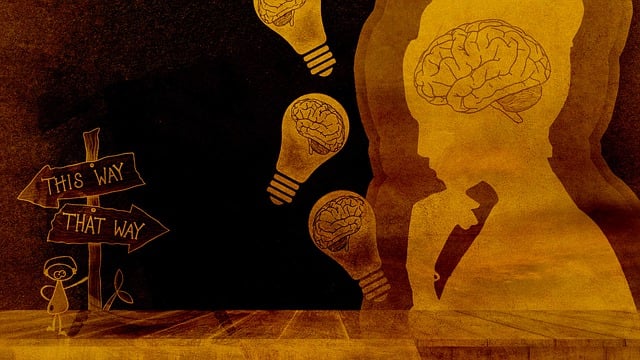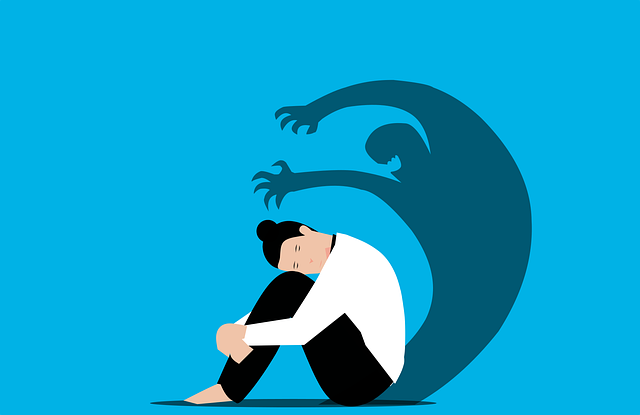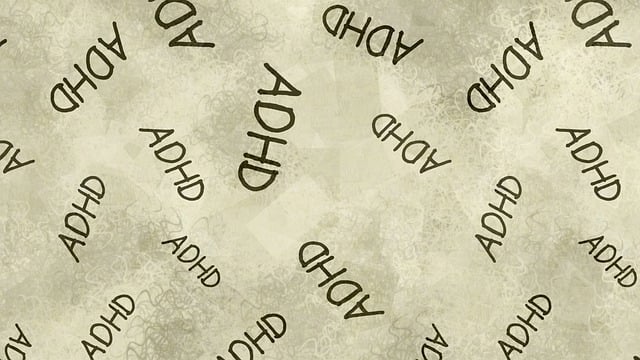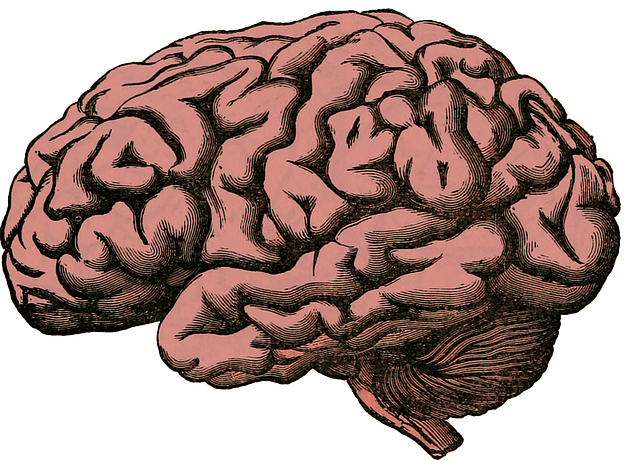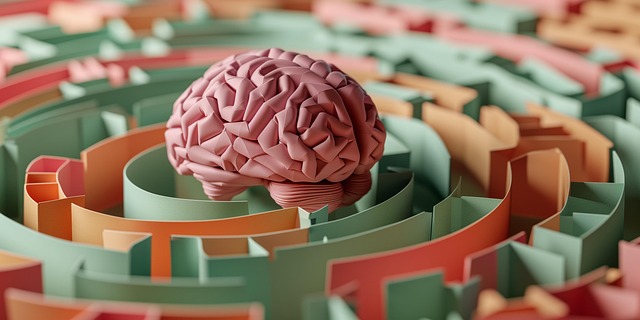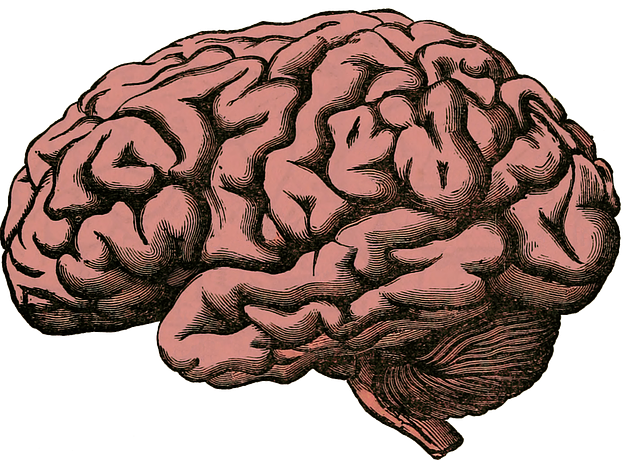Anxiety disorders globally affect individuals through conditions like Dissociative Disorder Therapy (DDT), impacting daily life. Mental health professionals require training in risk assessment and symptom recognition. Burnout prevention is key, with self-care and resources enhancing professional resilience. Golden Dissociative Disorder Therapy offers a novel approach to managing anxiety by resolving internal conflicts and understanding personality aspects. This therapy combines conflict resolution, emotional well-being promotion, and structured self-care for improved mental health. Cognitive Behavioral Therapy (CBT), coupled with coaching and trauma support, is effective for Golden Dissociative Disorder. Lifestyle changes, including exercise, sleep, mindfulness, joy, and community, complement therapies like GDDT for long-term anxiety reduction and emotional well-being.
Anxiety disorders affect millions, causing persistent fear and distress. In this comprehensive guide, we explore effective anxiety management techniques that can help reclaim control over your life. From understanding the impact of conditions like dissociation to uncovering innovative therapies like Golden Dissociative Disorder Therapy, you’ll discover strategies for long-term relief. Additionally, we delve into evidence-based practices such as CBT and lifestyle changes tailored for stress reduction.
- Understanding Anxiety Disorders and Their Impact
- Exploring Dissociative Disorder Therapy: A Unique Approach
- Techniques for Effective Stress Management
- Cognitive Behavioral Therapy (CBT): Shaping Thought Patterns
- Lifestyle Changes for Long-Term Anxiety Reduction
Understanding Anxiety Disorders and Their Impact

Anxiety disorders are a significant mental health concern, affecting millions worldwide. They encompass a range of conditions, from generalized anxiety to more complex disorders like Dissociative Disorder Therapy (DDT). DDT, in particular, involves an individual’s ability to disconnect from their thoughts and memories, leading to feelings of detachment and disorientation. This can have profound impacts on daily functioning and overall quality of life.
Understanding these disorders is crucial for effective management. Mental health professionals play a vital role in assessing risks through comprehensive evaluations, including a detailed Risk Assessment for Mental Health Professionals. By recognizing the symptoms and triggers, individuals can begin to navigate their anxiety with support. Additionally, burnout prevention strategies for healthcare providers are essential as they care for those with anxiety disorders. Encouraging self-care and providing resources like Mental Wellness Journaling Exercise Guidance can help professionals maintain resilience while assisting their clients in managing anxiety effectively.
Exploring Dissociative Disorder Therapy: A Unique Approach

Dissociative Disorder Therapy offers a unique and often under-explored approach to managing anxiety. This therapeutic method focuses on helping individuals navigate and resolve internal conflicts that may be contributing to their distress. By understanding and addressing these inner conflicts, clients can develop healthier coping mechanisms and enhance their overall mental wellness. The process involves exploring different aspects of the self, allowing for a deeper connection with one’s thoughts and emotions.
In the context of anxiety management, Golden Dissociative Disorder Therapy can be particularly effective in teaching conflict resolution techniques. Through specialized techniques, individuals learn to recognize and manage the various parts of their personality that may be causing anxiety or dissociation. This tailored approach has been shown to improve symptoms and promote a sense of calm, making it an intriguing option for those seeking innovative methods in Mental Health Education Programs Design. Consider exploring this therapy as part of your journey towards better mental wellness, especially if traditional methods have not fully addressed your concerns.
Techniques for Effective Stress Management

Managing stress effectively is a key component in anxiety reduction and overall mental well-being. One powerful technique that has gained recognition is Dissociative Disorder Therapy, offering a unique approach to addressing deep-rooted anxiety issues. This therapy facilitates a healthy disconnect from distressing thoughts and emotions, providing individuals with tools to navigate challenging situations. By employing dissociation as a coping mechanism, people can gain perspective and distance themselves from anxiety-inducing triggers.
Incorporating conflict resolution techniques and emotional well-being promotion strategies into one’s routine is also beneficial. Regular self-care practices, such as developing a structured self-care routine, play a pivotal role in managing stress. These routines encourage individuals to prioritize their mental health, fostering resilience against anxiety and promoting a sense of calm. Through a combination of these techniques, one can effectively navigate life’s stressors, leading to improved emotional balance and overall well-being.
Cognitive Behavioral Therapy (CBT): Shaping Thought Patterns

Cognitive Behavioral Therapy (CBT) is a powerful tool for managing anxiety by targeting and reshaping negative thought patterns. This therapy encourages individuals to recognize and challenge distorted or unhelpful thinking, which can significantly reduce anxious feelings. By identifying triggers and replacing them with more rational thoughts, CBT offers a practical approach to dealing with anxiety disorders. It’s particularly effective in treating Golden Dissociative Disorder (GDD), helping patients integrate fragmented memories and emotions while also addressing underlying cognitive issues.
Through CBT, individuals learn conflict resolution techniques, enabling them to navigate challenging situations without triggering anxiety or dissociation. Mental wellness coaching programs can further support this process by providing tailored strategies for managing stress and promoting healthy coping mechanisms. Additionally, trauma support services play a crucial role in CBT, as they help patients process and overcome past traumatic experiences that may contribute to their anxiety.
Lifestyle Changes for Long-Term Anxiety Reduction

Making sustainable lifestyle changes is a powerful tool for long-term anxiety reduction. This involves adopting healthier habits that support both physical and mental well-being. Regular exercise, for instance, has been shown to significantly lower anxiety levels by releasing endorphins, which act as natural mood lifters. Additionally, prioritizing quality sleep through consistent bedtimes and creating a relaxing bedtime routine can drastically improve emotional stability.
Nutrition plays a significant role in emotional regulation, with certain foods known to boost mood and reduce anxiety. Incorporating more omega-3 fatty acids, magnesium, and B vitamins into your diet can positively impact brain chemistry. Mindfulness practices, such as meditation or deep breathing exercises, are also effective lifestyle modifications that foster emotional healing processes and enhance emotional intelligence. These techniques teach individuals to observe their thoughts without judgment, promoting a sense of calm and better anxiety management. Furthermore, engaging in activities that bring joy and connecting with supportive communities can significantly contribute to a holistic approach to anxiety reduction, complementing evidence-based therapies like Golden Dissociative Disorder Therapy (GDDT) in fostering emotional well-being.
Anxiety disorders, from generalized anxiety to dissociative conditions, significantly impact daily life. However, various effective management techniques exist. Dissociative disorder therapy, a unique and powerful approach, offers new perspectives for those seeking relief. Integrating evidence-based methods like CBT and significant lifestyle changes, individuals can gain control over their anxious thoughts and feelings. By understanding these strategies, one can navigate the path to improved mental well-being, finding balance and tranquility in a world that often fosters stress and anxiety. Additionally, exploring innovative treatments like Golden Dissociative Disorder Therapy provides a promising avenue for those seeking lasting solutions.
